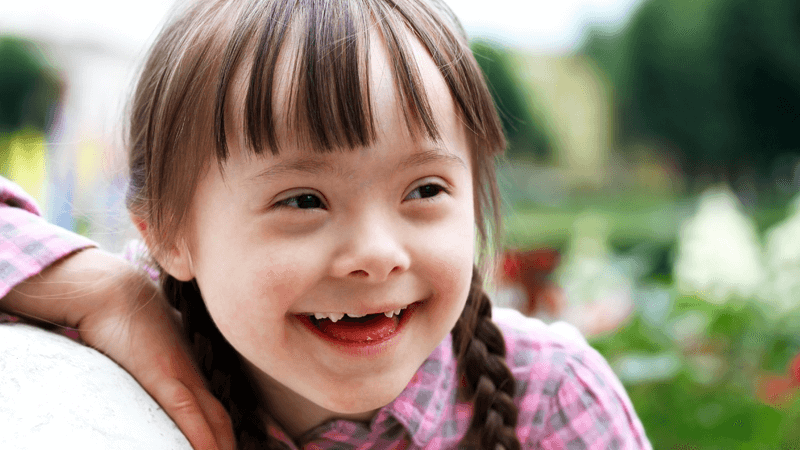A documentary aired this week has highlighted society’s treatment of people with Down’s syndrome.
‘A World without Down’s syndrome?’, presented by actress Sally Phillips, questions what will happen if a new 99 per cent accurate screening test for Down’s is made available on the NHS.
Currently, nine out of every ten babies diagnosed with the condition in England and Wales are aborted.
‘No distinction’
In the documentary Phillips, whose eleven-year-old son Ollie has Down’s, interviews key health professionals including Professor Lyn Chitty, the only professor of Genetics and Fetal Medicine in the UK.
Chitty carried out a pilot study of Non-Invasive Prenatal Testing (NIPT) and advocates a full roll-out in the NHS, in order to ‘better inform’ women. She claims that it will not significantly affect the current abortion rate.
Phillips tells her that in a screening method such as NIPT, no distinction is being made “between Down’s syndrome and a disease”.
“To me”, she says, “Down’s syndrome is a type of person”.
Justifying existence
“If we have a society that is unable to care for people, then the problem is not the person.”
Phillips later visits Iceland where new genetic screening has led to 100 per cent of Down’s syndrome babies being aborted.
If we have a society that is unable to care for people, then the problem is not the person.
Sally Phillips
She meets Halldóra Jónsdóttir, a woman with the condition who has spoken out strongly against screening.
Jónsdóttir has a job and speaks two languages, but Phillips draws attention to the fact that she has to ‘justify her existence’.
Counselling
Back in the UK, the actress arranges to meet Jane Fisher, who runs Antenatal Results and Choices – previously known as Support Around Termination For Abnormality – the only counselling charity the NHS currently directs women to when they get a Down’s diagnosis.
Phillips asks Fisher: ‘If I said I was worried about how a learning disability is going to affect my baby what would you say?’
Fisher replies: ‘We’ll not say you’re going to be able to cope, we’ll say how worried are you?’
‘Can you deal with that level of uncertainty or do you feel you need to end this pregnancy?’
‘Not reflective’
Phillips interjects saying that there’s a ‘gap in the logic’ of her advice: “If I say I’m worried about the learning difficulty you go straight to termination”.
“The information being given out is not reflective of how it is to be a person with Down’s syndrome”.
Concluding the documentary, Phillips says: “There’s a crack in everything, that’s how the light gets in and the imperfections are where humanity is most visible”.
‘Brutal’
The documentary sparked widespread media debate, including on the BBC Radio 4 programme Moral Maze.
This idea that the unborn child has no rights, no interests to be taken into consideration I find quite a brutalising attitude
Melanie Phillips
Appearing on the show, Sally Phillips said: “The very existence of screening underlines the idea that people with Down’s syndrome are optional and inferior”.
And columnist Melanie Phillips said: “This idea that the unborn child has no rights, no interests to be taken into consideration I find quite a brutalising attitude and I’m quite horrified by that”.
Opposition
Head of Communications at The Christian Institute, Ciarán Kelly, said NIPT “has its roots in the idea that some people’s lives have no value”.
Campaigners, including the group Don’t Screen Us Out, have strongly resisted NIPT and complain that their concerns have been “constantly ignored” by the Government.

